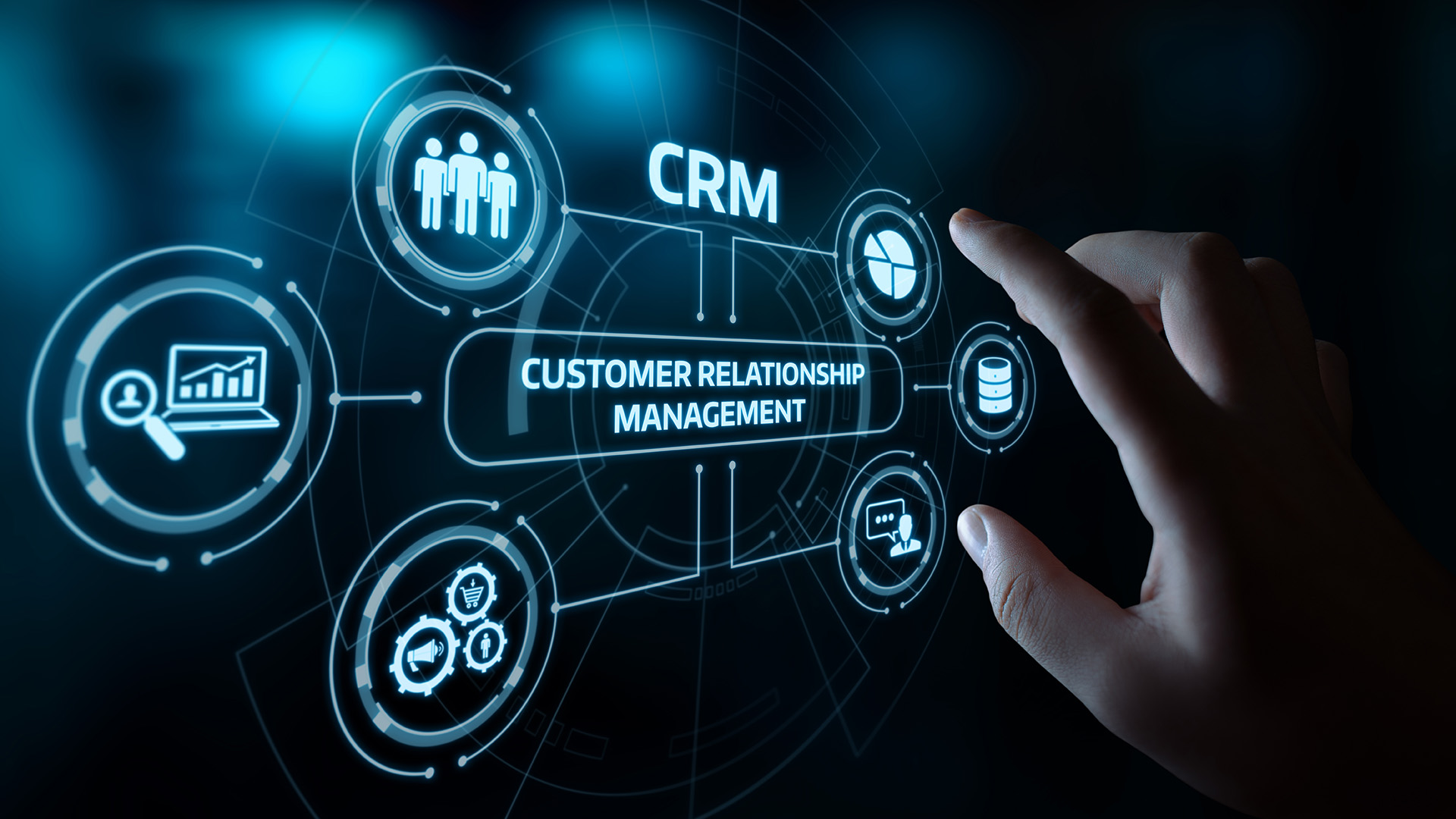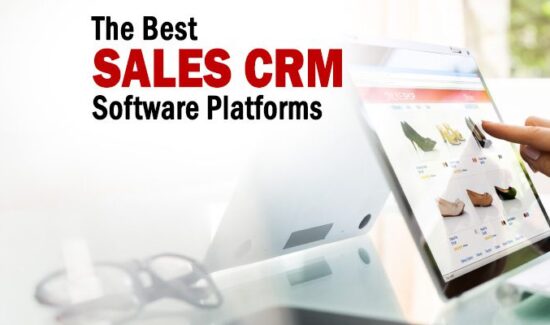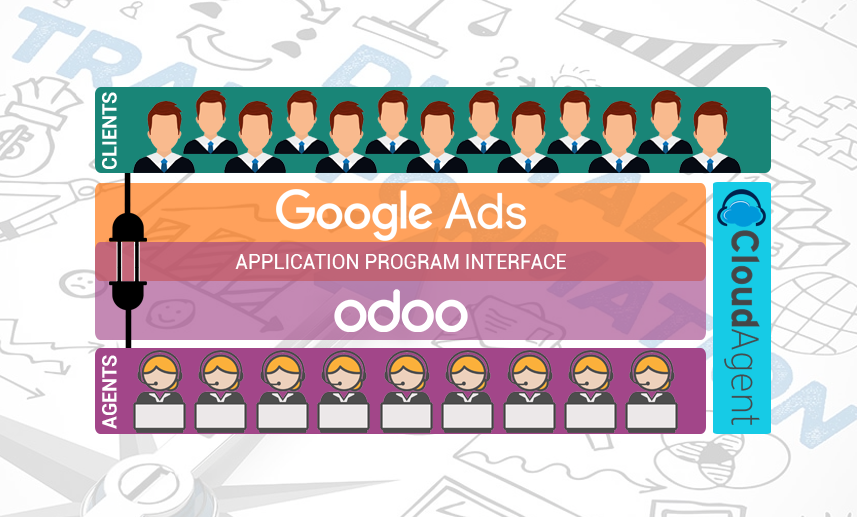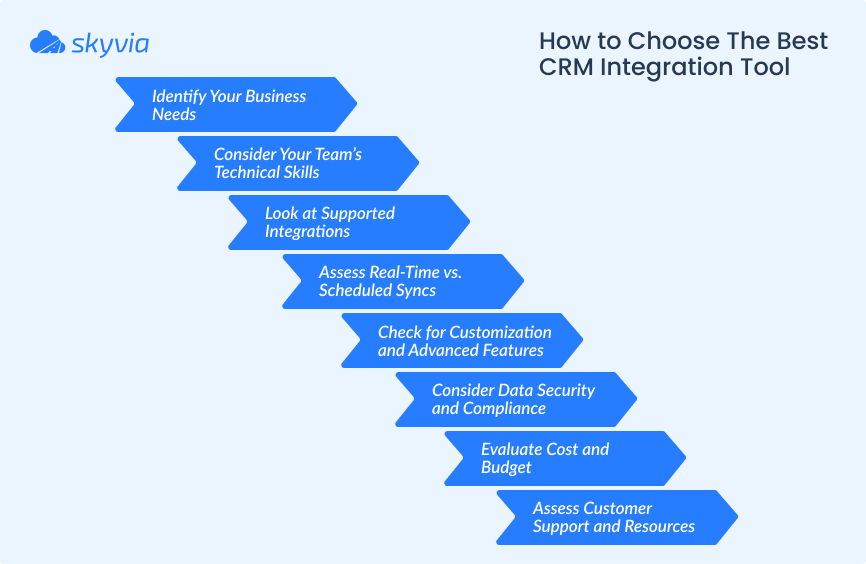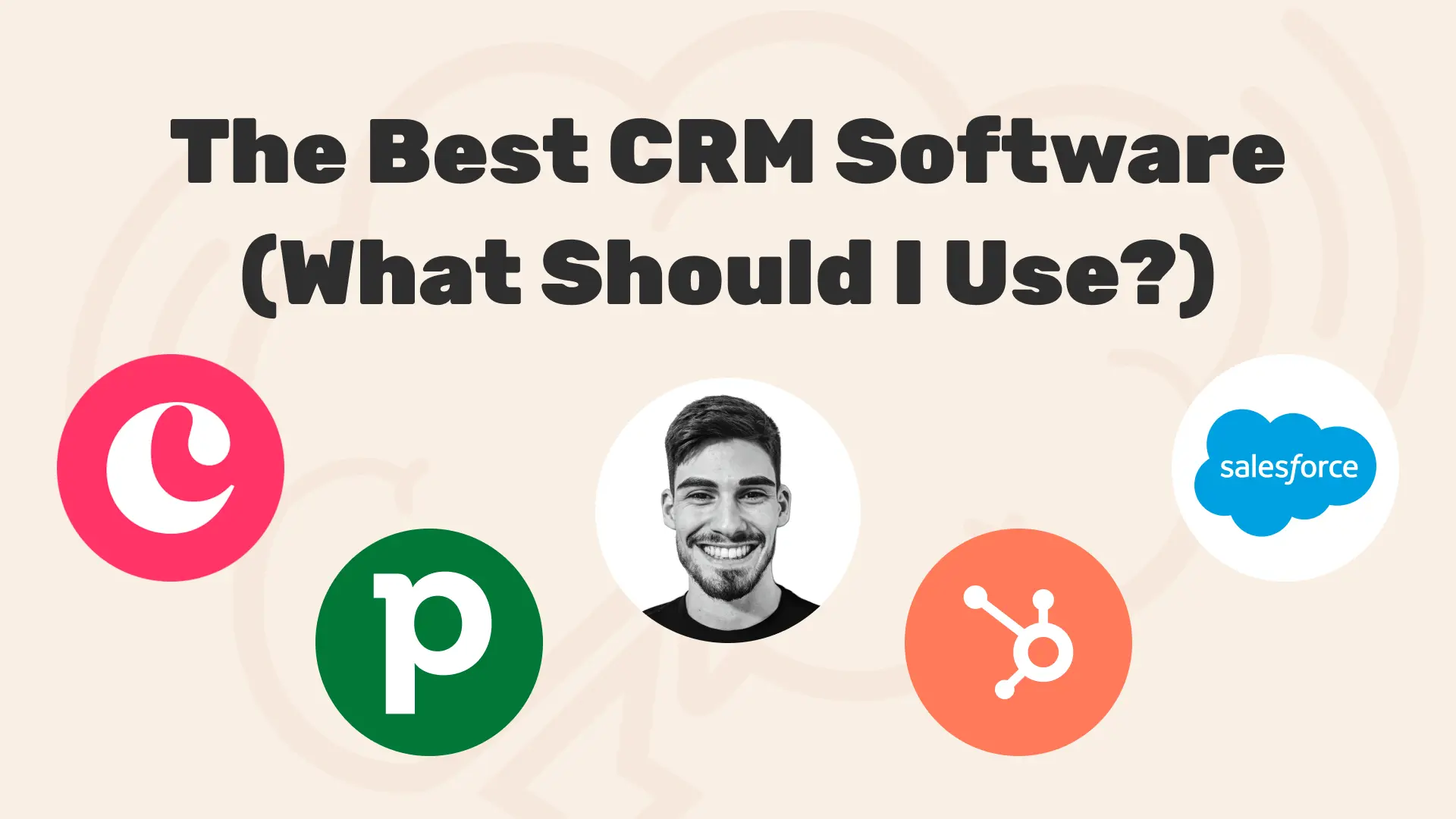Boost Your Small Business: The Ultimate Guide to CRM Tools in 2024
Introduction: Why Your Small Business Needs a CRM
Running a small business is a wild ride. You’re juggling a million things at once – from product development and marketing to customer service and sales. In the midst of all this chaos, it’s easy for important details about your customers to get lost in the shuffle. That’s where a Customer Relationship Management (CRM) tool comes in. Think of it as your central hub for all things customer-related. It’s a place to store contact information, track interactions, manage sales pipelines, and ultimately, build stronger, more profitable relationships.
In today’s competitive landscape, a CRM isn’t just a nice-to-have; it’s a necessity. It empowers you to work smarter, not harder. By streamlining your processes and providing valuable insights, a CRM can help you:
- Improve Customer Relationships: Understand your customers better and personalize your interactions.
- Increase Sales: Identify and nurture leads, close deals faster, and boost revenue.
- Enhance Productivity: Automate repetitive tasks and free up your time.
- Gain Actionable Insights: Track key metrics and make data-driven decisions.
- Foster Collaboration: Keep your team on the same page with shared information.
This guide will delve into the best small business CRM tools available in 2024, helping you choose the perfect fit for your unique needs and budget. We’ll cover everything from the core features to pricing, integrations, and the specific benefits each tool offers.
What is a CRM and How Does it Work?
At its core, a CRM is a software solution designed to manage your interactions with current and potential customers. It acts as a central database, storing all the information you have about your customers in one place. This includes contact details, communication history, purchase history, and any other relevant information.
But a CRM is much more than just a glorified address book. It’s a powerful tool that helps you:
- Organize Customer Data: Easily store and access all customer information.
- Track Interactions: Log emails, calls, meetings, and other interactions.
- Manage Sales Pipelines: Visualize your sales process and track deals.
- Automate Tasks: Automate repetitive tasks like sending emails and scheduling appointments.
- Generate Reports: Gain insights into your sales performance and customer behavior.
The way a CRM works can vary depending on the specific tool, but the general process involves:
- Data Entry: Inputting customer information into the system.
- Data Organization: Categorizing and organizing data for easy access.
- Interaction Tracking: Logging all interactions with customers.
- Workflow Automation: Setting up automated tasks and processes.
- Reporting and Analysis: Generating reports and analyzing data to gain insights.
By implementing a CRM, you can gain a 360-degree view of your customers, enabling you to provide better service, close more deals, and grow your business.
Key Features to Look for in a Small Business CRM
Choosing the right CRM can feel overwhelming, but it doesn’t have to be. Start by identifying your specific needs and then look for a tool that offers the following key features:
- Contact Management: This is the foundation of any CRM. It should allow you to easily store, organize, and access customer contact information, including names, addresses, phone numbers, email addresses, and social media profiles.
- Lead Management: The ability to capture, qualify, and nurture leads is crucial for sales success. Look for features like lead scoring, lead tracking, and lead segmentation.
- Sales Pipeline Management: A visual sales pipeline helps you track deals, identify bottlenecks, and forecast revenue. The CRM should allow you to customize your pipeline stages to match your sales process.
- Email Integration: Seamless integration with your email provider allows you to send and track emails directly from the CRM. Look for features like email templates, email tracking, and email automation.
- Task Management: Stay organized and on top of your to-do list with task management features. This includes the ability to create tasks, assign them to team members, and set deadlines.
- Reporting and Analytics: Gain insights into your sales performance and customer behavior with built-in reporting and analytics. Look for customizable dashboards and the ability to generate reports on key metrics.
- Integration with Other Tools: Your CRM should integrate with other tools you use, such as your email marketing platform, accounting software, and social media channels.
- Mobile Accessibility: Access your CRM on the go with a mobile app. This is essential for sales teams who are constantly on the move.
- Automation: Automate repetitive tasks to save time and improve efficiency. Look for features like automated email sequences, task assignments, and workflow automation.
- Customer Support: Make sure the CRM provider offers excellent customer support, including documentation, tutorials, and responsive support channels.
Top CRM Tools for Small Businesses in 2024
Now, let’s dive into some of the top CRM tools for small businesses in 2024. Each tool has its own strengths and weaknesses, so consider your specific needs when making your choice.
1. HubSpot CRM
Overview: HubSpot CRM is a popular choice for small businesses, and for good reason. It offers a free version with a wide range of features, making it an excellent starting point. The paid versions offer even more advanced functionality.
Key Features:
- Free forever CRM with unlimited users and contacts.
- Contact management, deal tracking, and task management.
- Email marketing integration.
- Sales automation and reporting.
- Excellent user-friendly interface.
- Integration with other HubSpot tools and third-party apps.
Pros: Free version is incredibly powerful, easy to use, robust features, excellent integrations, and strong marketing automation capabilities.
Cons: Limited features in the free version, paid plans can get expensive as you scale, and some advanced features are only available in higher-tier plans.
Pricing: Free, with paid plans starting at around $45 per month.
2. Zoho CRM
Overview: Zoho CRM is a feature-rich CRM that offers a great balance of affordability and functionality. It’s a good choice for businesses that need a comprehensive solution without breaking the bank.
Key Features:
- Contact management, lead management, and sales pipeline management.
- Workflow automation and process management.
- Email integration and marketing automation.
- Inventory management and sales forecasting.
- Mobile app and social media integration.
Pros: Affordable pricing, comprehensive features, highly customizable, and strong integration capabilities.
Cons: Can be complex to set up and configure, user interface can feel overwhelming at times, and customer support can be slow at times.
Pricing: Free for up to 3 users. Paid plans start at around $14 per user per month.
3. Pipedrive
Overview: Pipedrive is a sales-focused CRM that excels at pipeline management. It’s a great choice for businesses that prioritize sales efficiency and want a visual sales pipeline.
Key Features:
- Visual sales pipeline with drag-and-drop functionality.
- Contact management, lead management, and deal tracking.
- Email integration and automation.
- Reporting and analytics.
- Mobile app and integrations with other popular tools.
Pros: Intuitive and user-friendly interface, excellent pipeline management features, strong focus on sales, and affordable pricing.
Cons: Limited features compared to some other CRMs, less emphasis on marketing automation, and basic reporting capabilities.
Pricing: Paid plans start at around $12.50 per user per month.
4. Freshsales
Overview: Freshsales is a sales CRM that’s part of the Freshworks suite of products. It’s known for its user-friendly interface and strong sales automation features.
Key Features:
- Contact management, lead management, and sales pipeline management.
- Built-in phone and email integration.
- Sales automation and workflow automation.
- Reporting and analytics.
- Mobile app and integrations with other Freshworks products.
Pros: User-friendly interface, excellent sales automation features, built-in phone and email integration, and affordable pricing.
Cons: Limited features compared to some other CRMs, and integration with third-party apps is not as extensive as some other CRMs.
Pricing: Free for up to 3 users. Paid plans start at around $15 per user per month.
5. Salesforce Sales Cloud
Overview: Salesforce Sales Cloud is a powerful and highly customizable CRM that’s suitable for businesses of all sizes, including small businesses. However, it can be more complex to set up and use than some other options.
Key Features:
- Contact management, lead management, and sales pipeline management.
- Extensive customization options.
- Workflow automation and process management.
- Reporting and analytics.
- AppExchange with thousands of integrations.
Pros: Highly customizable, extensive features, and excellent integration capabilities.
Cons: Complex to set up and use, expensive, and can be overwhelming for small businesses that don’t need all the features.
Pricing: Paid plans start at around $25 per user per month.
6. Agile CRM
Overview: Agile CRM is a comprehensive CRM that combines sales, marketing, and customer service features into one platform. It’s a good choice for businesses that want an all-in-one solution.
Key Features:
- Contact management, lead management, and sales pipeline management.
- Marketing automation, email marketing, and social media integration.
- Helpdesk and customer service features.
- Reporting and analytics.
- Mobile app and integrations with other popular tools.
Pros: All-in-one solution with sales, marketing, and customer service features, affordable pricing, and user-friendly interface.
Cons: Limited features compared to some other CRMs, and some users report that the platform can be slow at times.
Pricing: Free for up to 10 users. Paid plans start at around $9.99 per user per month.
7. Insightly
Overview: Insightly is a CRM that’s designed for small businesses and offers a user-friendly interface and a focus on project management.
Key Features:
- Contact management, lead management, and sales pipeline management.
- Project management and task management.
- Email integration and reporting.
- Mobile app and integrations with other popular tools.
Pros: User-friendly interface, project management features, and affordable pricing.
Cons: Limited features compared to some other CRMs, and the project management features may not be as robust as dedicated project management tools.
Pricing: Paid plans start at around $29 per user per month.
Choosing the Right CRM for Your Business: A Step-by-Step Guide
Selecting the right CRM is a crucial decision that can significantly impact your business’s success. Here’s a step-by-step guide to help you navigate the process:
- Assess Your Needs: Before you start looking at different CRM options, take the time to understand your specific needs. What are your goals? What are your pain points? What features are essential for your business? Consider factors like the size of your team, your sales process, and your customer service needs.
- Define Your Budget: CRM pricing varies widely, from free options to expensive enterprise solutions. Determine how much you’re willing to spend on a CRM. Consider not only the monthly or annual subscription fees but also the costs of implementation, training, and any additional integrations you may need.
- Research CRM Options: Once you have a clear understanding of your needs and budget, start researching different CRM options. Read reviews, compare features, and create a shortlist of potential candidates. The tools listed above are a good starting point.
- Evaluate Key Features: Carefully evaluate the key features of each CRM on your shortlist. Does it offer the features you need, such as contact management, lead management, sales pipeline management, and email integration? Make sure it meets your essential criteria.
- Consider Integrations: Think about the other tools you use in your business, such as your email marketing platform, accounting software, and social media channels. Ensure that the CRM you choose integrates seamlessly with these tools.
- Try Free Trials or Demos: Most CRM providers offer free trials or demos. Take advantage of these opportunities to test drive the software and see how it works in practice. This will give you a better understanding of the user interface, functionality, and overall usability.
- Assess User-Friendliness: Choose a CRM that is easy to use and navigate. The user interface should be intuitive and the learning curve should be manageable for your team.
- Consider Scalability: Choose a CRM that can grow with your business. As your business expands, you’ll need a CRM that can handle more data, more users, and more features.
- Evaluate Customer Support: Make sure the CRM provider offers excellent customer support. This includes documentation, tutorials, and responsive support channels.
- Make a Decision and Implement: Once you’ve completed your research and evaluation, make a decision and implement the CRM. Train your team on how to use the software and start using it to manage your customer relationships.
CRM Implementation: Tips for a Smooth Transition
Implementing a CRM can be a significant undertaking, but following these tips can help you ensure a smooth transition:
- Plan Your Implementation: Create a detailed implementation plan that outlines the steps you need to take, the timeline, and the resources you’ll need.
- Clean Up Your Data: Before importing your data into the CRM, clean it up. Remove duplicates, correct errors, and standardize your data format.
- Customize Your CRM: Customize your CRM to fit your specific needs. Configure the sales pipeline, create custom fields, and set up workflows.
- Train Your Team: Provide comprehensive training to your team on how to use the CRM. Ensure that everyone understands the features, functions, and best practices.
- Encourage Adoption: Encourage your team to use the CRM by demonstrating its value and providing ongoing support.
- Monitor and Optimize: Regularly monitor your CRM usage and make adjustments as needed. Identify any areas where you can improve your processes or optimize your CRM configuration.
- Integrate Gradually: Don’t try to integrate everything at once. Start with the most important integrations and add more as you go.
- Seek External Expertise: If you’re struggling with implementation, consider seeking help from a CRM consultant or vendor.
The Future of CRM for Small Businesses
The world of CRM is constantly evolving, and the future holds exciting possibilities for small businesses. Here are some trends to watch:
- Artificial Intelligence (AI): AI is already playing a significant role in CRM, and its impact will only grow. Expect to see more AI-powered features, such as predictive analytics, automated lead scoring, and personalized customer interactions.
- Mobile CRM: Mobile CRM will become even more important as businesses become increasingly mobile. Look for CRM solutions that offer robust mobile apps and seamless mobile experiences.
- Integration and Interoperability: The demand for seamless integration between different tools will continue to grow. CRM providers will need to offer more integrations with other business applications.
- Focus on Customer Experience: Customer experience will remain a top priority. CRM solutions will need to focus on helping businesses provide exceptional customer experiences.
- Simplified User Interfaces: User interfaces will become even more intuitive and user-friendly. The focus will be on making CRM easy to use and accessible to everyone.
By embracing these trends, small businesses can stay ahead of the curve and leverage CRM to achieve even greater success.
Conclusion: Embracing CRM for Small Business Growth
In conclusion, a CRM is an indispensable tool for any small business looking to thrive in today’s competitive market. By implementing a CRM, you can streamline your processes, improve customer relationships, increase sales, and gain valuable insights into your business. The right CRM can be your secret weapon for sustainable growth.
This guide has provided you with a comprehensive overview of CRM tools, from the basics to the top solutions available in 2024. Remember to carefully assess your needs, evaluate the features, and choose the CRM that best aligns with your business goals. With the right CRM in place, you’ll be well-equipped to build stronger customer relationships, drive sales, and take your small business to the next level.
Don’t wait any longer. Start exploring the world of CRM today and unlock the potential for unprecedented growth in your small business. The future of your business may depend on it.

